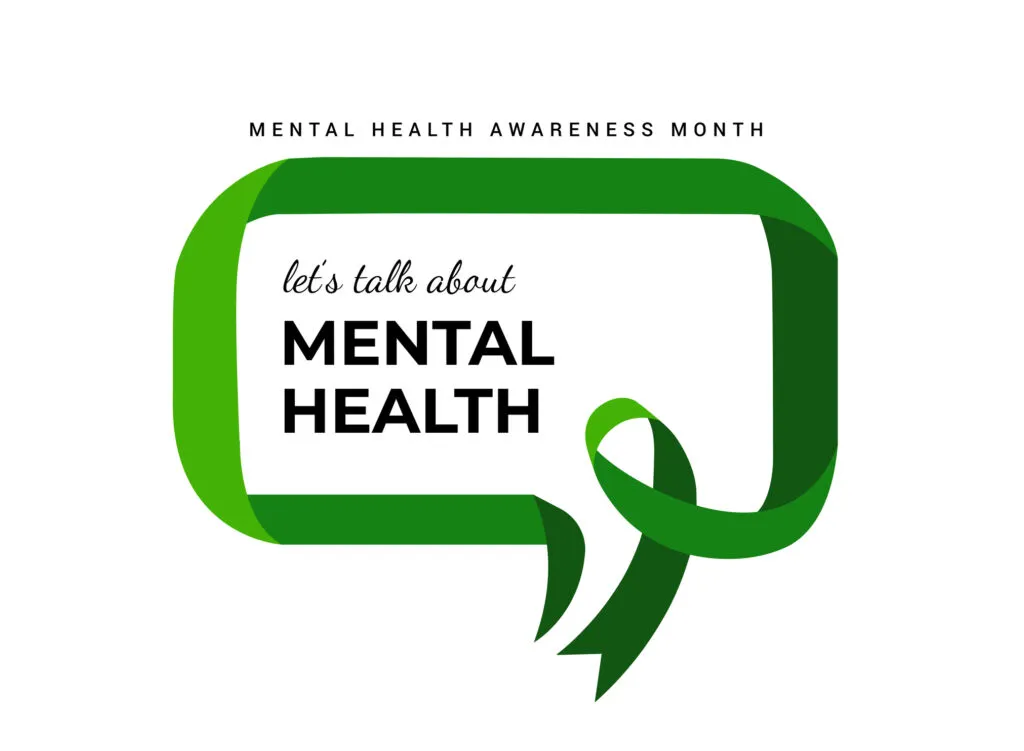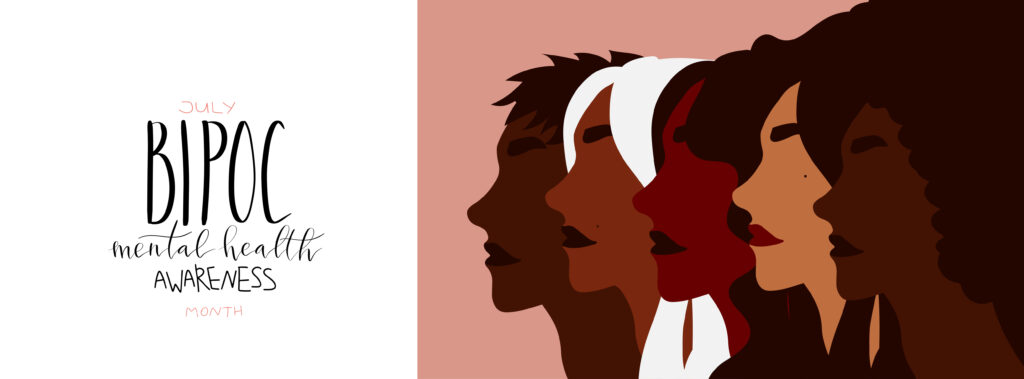Mental Health
Prioritizing Mental Wellbeing: May’s Mental Health Awareness Month
Mental health is in our zeitgeist; depressive symptoms are second to none in the world’s leading causes of workplace disability. Cases of severe anxiety are rising, especially among young people. The COVID-19 pandemic has laid bare how close many of us are to experiencing panic attacks, problems with social anxiety, and difficulty balancing our physical…
Read MoreElevate Your Mood: The Mental Health Benefits of Physical Activity
As we transition towards warmer days, shorter nights, and blooming snowdrops, it’s time to shift from the winter wardrobe into the active wear. It’s time for more sun, more fun, and more hours spent outdoors, for both your physical and mental wellbeing. The positive link between physical activity and mental health – especially when incorporating…
Read MoreManic Depressive Disorder: What You Need to Know
Manic depressive disorder is more commonly referred to as bipolar disorder today. This mental health condition is known for its fierce mood changes — from highs to lows, hence its name. According to recent research by the National Institute of Mental Health (NIMH), 2.8% of people in the United States have bipolar disorder. Whether…
Read MoreNew Year, Fresh Beginnings: Making Amends for Your Mental Wellbeing
The New Year is meant to be a period of rejuvenation, celebration, and hope as we look toward the future for new opportunities. It’s also a time to reflect on the last twelve months, taking the good with the bad. However, for many people, it’s the bad that tends to stick out the most. Sometimes,…
Read MoreGratitude & Connection: A Potential Path to Mental Wellness
It is more than just a Hallmark cliché; the research tells us that there may be real healing power in the feeling of gratitude and social connectivity. Feeling grateful for the positive things in our lives – nature, serendipity, family, friends, and other loved ones – can improve our mental health, keep us calm, help…
Read MoreEmbracing Change: Tips for Navigating Life Transitions
In life, few things are certain. People lose things they might have taken for granted, gain things they never would’ve imagined, or obtain an appreciation for things they would’ve missed if not for a split-second change of heart or a mighty coincidence. No matter how much you’ve lived, no matter how much you’ve seen, no…
Read MoreSeptember is National Suicide Prevention Awareness Month
This month is National Suicide Prevention Awareness Month. Understanding suicidality and being able to recognize and address it at home and within our communities is important, especially among our most vulnerable groups. The topic of suicide has, unfortunately, become more relevant in recent years, as 2021 and 2022 both mark an uptick in self-harm and…
Read MoreEmbracing a Holistic Approach to Mental Health
Amend Treatment utilizes a holistic approach to mental health. But what does that mean? To us, a holistic approach to mental health refers to a multidimensional path toward patient well-being. It means exploring the sum of the parts in each case and employing a variety of concurrent, collaborative treatment methods. Collaborative, in the sense that…
Read MoreHow to Stop Negative Thoughts Related to Trauma
Experiencing a traumatic event can leave you with feelings of fear, physical reactions to triggers, and emotional numbness. And it is no secret that having to carry around the heavy feelings and emotions related to the trauma can be overwhelming. Life, however, doesn’t stop. And facing daily tasks and responsibilities as if everything is…
Read More5 Things to Know About BIPOC Mental Health Month
July is BIPOC Mental Health Month. While we are making strides as a country in trying to reduce the stigma associated with mental health, we still have a long way to go. Members that fall within the Black, Indigenous, and People of Color communities have stress and trauma that are directly related to their…
Read More









